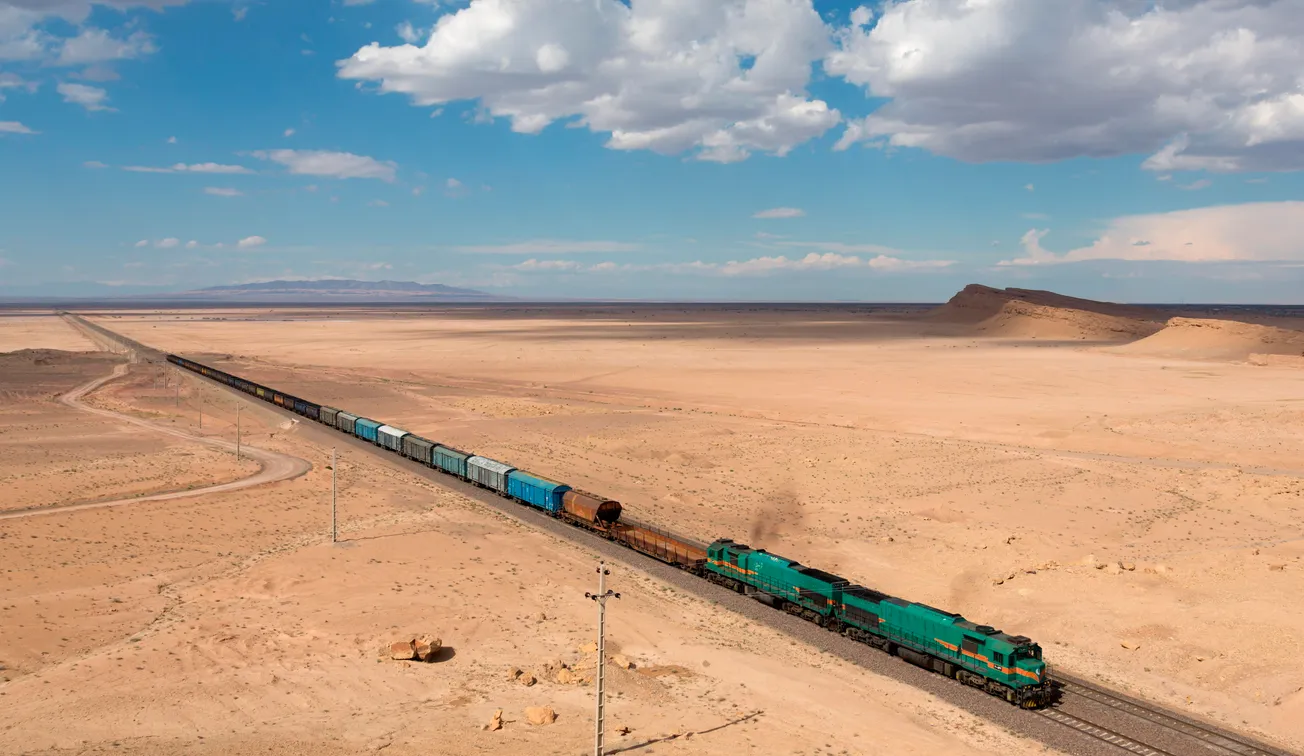With the Orwellian title “The Taliban’s Successful Opium Ban Is Bad for Afghans and the World,” former Afghanistan World Bank country manager William Byrd, now working for the U.S. Institute of Peace, laments Kabul’s stunning success in poppy eradication. (https://www.usip.org/publications/2023/06/talibans-successful-opium-ban-bad-afghans-and-world )
Byrd first acknowledges that satellite imagery analyzed by Alcis and associated research by David Mansfield, an independent researcher who has conducted extensive fieldwork and analysis on Afghanistan’s opium sector and rural economy for more than a quarter-century, show that the Taliban opium ban, announced in April 2022, “has been remarkably successful in sharply reducing opium poppy cultivation.”
In Helmand, by far Afghanistan’s largest opium-producing province, the area of poppy cultivation was cut from over 129,000 hectares (ha) in 2022 to only 740 ha as of April 2023. The reduction in Nangarhar, another long-standing opium producing province, is also impressive—only 865 ha this year compared to over 7,000 ha in 2022.
“This is an undeniable achievement, particularly given the much larger size of the opium economy this time around (an estimated 233,000 ha in 2022 versus some 82,000 ha in 2000).”
According to Mansfield, the Taliban took a relatively sophisticated, staged approach that evolved and intensified over time. “The announcement of the ban was not accompanied by eradication of 2022’s bumper crop of poppy fields that were about to be harvested, which would have met fierce resistance. This gave rise to uninformed speculation that the ban was not serious. The Taliban did engage in eradication of the much smaller spring and summer crops subsequently planted in 2022, intended to deter others.”




